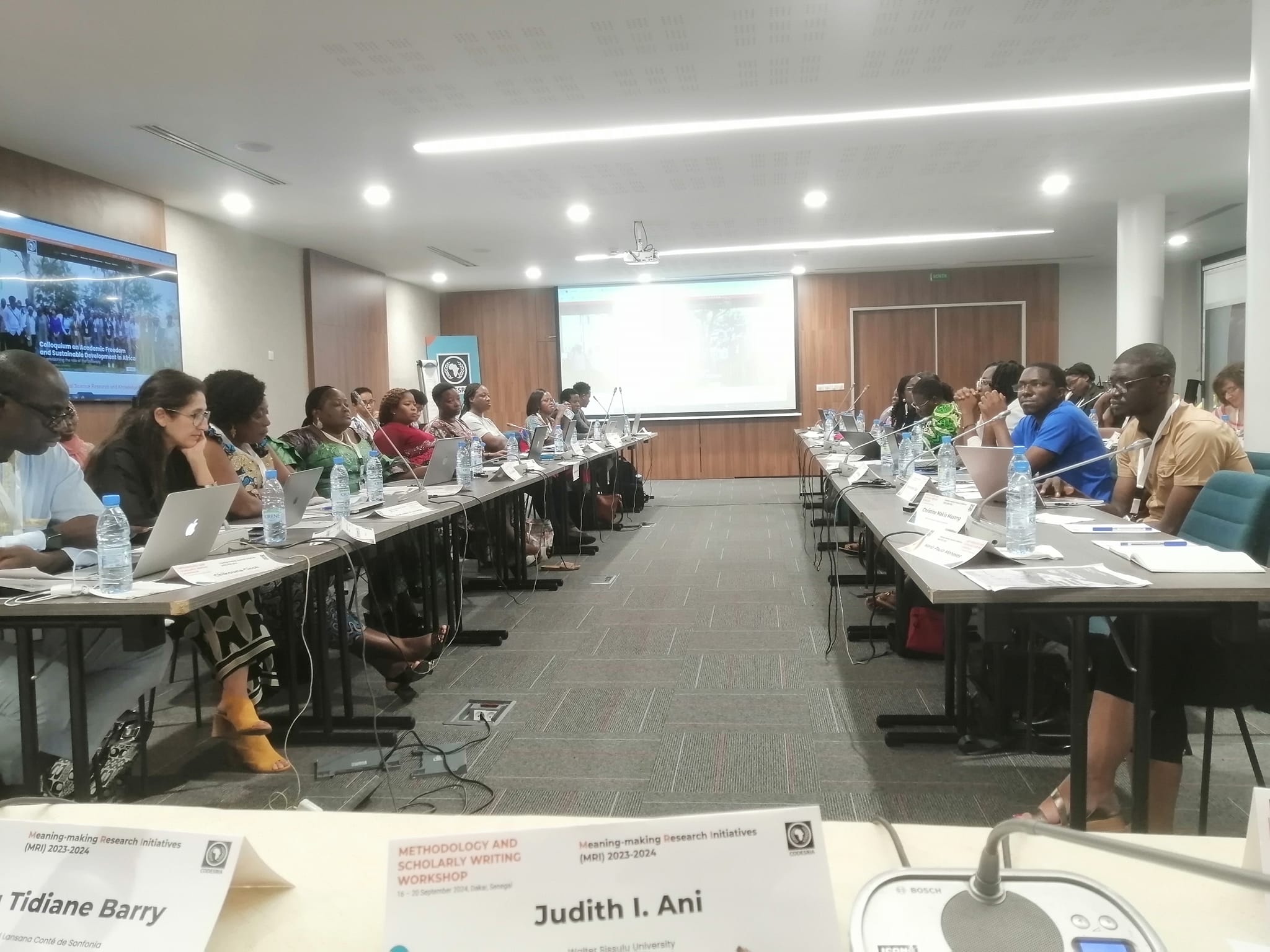Masculinity norms and gender socialization play a critical role in shaping boys’ attitudes, behaviours, and interactions within society. In South Africa, historical legacies of colonialism and apartheid, coupled with deeply ingrained cultural and societal expectations, have contributed to rigid masculinity norms that emphasize dominance, emotional restraint, and aggression. These constructs not only influence boys’ development but also have significant implications for gender-based violence (GBV). This paper explores the ways in which masculinity norms are embedded within societal structures and reinforced through family upbringing, education, media representations, and cultural traditions. By encouraging dominance, emotional suppression, and aggression, these norms contribute to power imbalances and normalize violence as a means of asserting control. Drawing on theoretical frameworks such as hegemonic masculinity, intersectionality, and social learning theory, the study examined how historical, racial, and socio-economic factors shape gender socialization and influence boys’ developmental trajectories. Through an intersectional lens, this paper underscored the urgent need to challenge harmful masculinity norms and promote alternative models that encourage emotional expression, empathy, and equitable gender relations. Finally, it provided recommendations for educational reforms, community interventions, media engagement, and legal frameworks to foster healthier masculinity norms and reduce GBV.
Norms Of Masculinity And Gender Socialization Among Young Boys In South Africa: Implications For Gender-based Violence, Policies And Interventions
with
no comment

